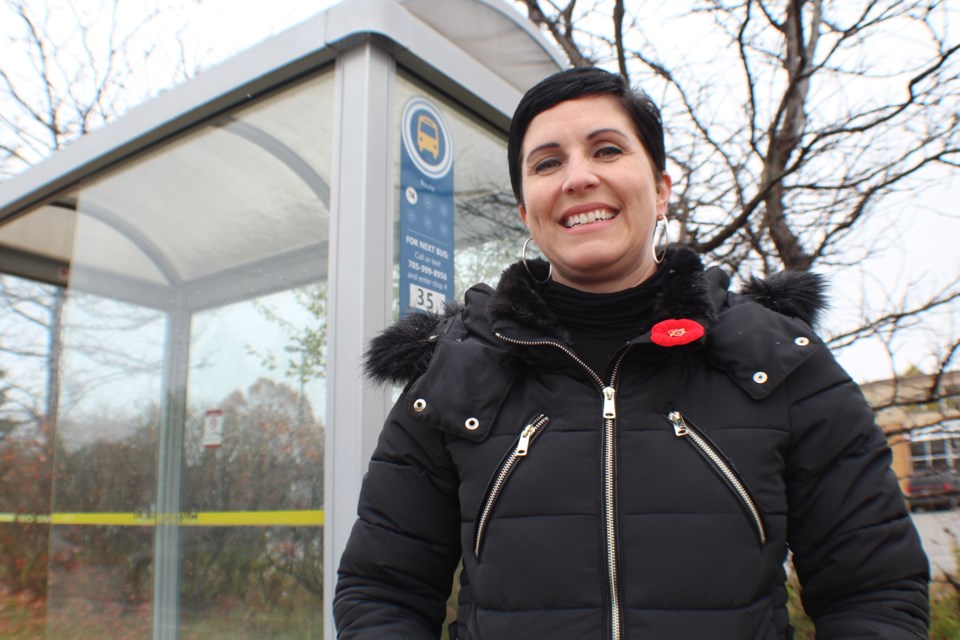Editor's note: BarrieToday has added a story to its series into the local opioid crisis, which will now make it an eight-part series and will wrap up on Wednesday.
**************************
Natalie Harris has been on the front lines of the opioid crisis from opposite sides, both as a paramedic and someone who has faced addiction head-on in her own life.
Her battle with addiction began when she started exhibiting symptoms of post-traumatic stress disorder (PTSD) after responding medical call in May 2012, which turned out to be to a ritualistic double-murder, at the Travelodge in Barrie.
“Fortunately, after a serious overdose, I was admitted to the Homewood Health Care Centre in Guelph for intensive treatment of my PTSD and addictions,” Harris told BarrieToday. “I am so blessed to have been able to attend this facility, but not everyone is as lucky because not everyone can afford this. I couldn’t, either, without insurance.”
Insurance through her employer covered her first stay at the facility in 2014.
“That is the only reason why I was able to have the life-saving treatment they provided me with,” said Harris, who has since retired as a paramedic and was recently elected to city council.
Her wish is that others have access to the same treatment.
“It is my hope that this type of care be accessible to all one day," she said. "I was also an outpatient at RVH (Royal Victoria Regional Health Centre) in their partial hospitalization program and another program, that sadly is not longer offered anymore, called Out-Of-Control."
Those programs gave her the tools she needed to heal from PTSD, depression and anxiety.
“These programs literally saved my life and gave my children their mother back," Harris said. "I would love to see RVH have more funding for these programs so that their wait time doesn’t have to be so long. (It) can be several weeks.”
During her paramedic career, Harris says she also saw quick changes to the local opioid crisis.
“When I was on the road as a paramedic, during my last year in 2014, I really noticed a spike in the overdose calls we had,” she said.
“I was a new advanced care paramedic and, back then, we had to call a doctor to get permission to give Naloxone, (an overdose reversal agent) that is now available for free at pharmacies," Harris added. "I remember calling several times a day, sometimes, to get these orders to reverse the effects the opioids were having on patients.
“There was a noticeable spike in these calls, even back then."
Barrie has some of the worst statistics for opioid-related deaths in the province.
Over the first six months of 2018, statistics also indicate there were 31 confirmed and four probable opioid-related deaths in Simcoe Muskoka, which was similar to the 33 opioid-related deaths in Simcoe Muskoka from January to June 2017.
The Gilbert Centre, with backing from the Canadian Mental Health Association (CMHA) and the Simcoe Muskoka District Health Unit, is preparing to apply to the Progressive Conservatives to open a Consumption and Treatment Services facility in Barrie.
The provincial government says the new model will provide "wrap-around care" and better access to treatment services.
Harris says such facilities "appear to be the way to go with respect to offering safety and treatment options all under one roof."
The Barrie application is expected to be submitted in the spring.
The province has also said it will create its detox beds in areas with the greatest need.






